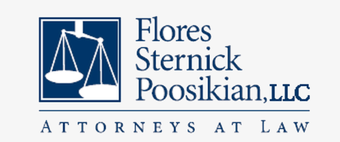Most workplace accidents or injuries will be eligible for Workers' Compensation benefits including: Lost Wages; Medical Treatment; Permanent Disability Benefits; Death Benefits

Most workplace accidents or injuries will be eligible for Workers' Compensation
Lost Wages:
If an injured worker is unable to perform their job due to a work-related injury or disease, but is expected to recover, they are entitled to temporary disability benefits, up to a maximum of 400 weeks (7 years, 9 months). These benefits are based on 70 percent of the injured.
Medical Treatment:
The employer/insurance carrier has the right to direct the worker's medical treatment. This means they can select the health care provider(s) to treat injured workers for work-related injuries and must provide all necessary medical treatment including artificial limbs, teeth, glasses, and anything reasonable and medically necessary to help the worker. The only exceptions to using the employer's physicians for treatment are if: there is an emergency; the employer refuses to provide medical treatment; or, the employer instructs the injured worker to choose the doctor.
The injured worker may also be entitled to permanent disability benefits if there is a permanent impairment that restricts a function of the body up to and including total permanent disability.
Death Benefits
(also known as Survivor Benefits): If death results from a work-related incident or illness, the worker's dependents are entitled to death benefits. Additionally, the worker's medical and hospital expenses and burial are paid.
Call 973-423-2888 for a
FREE consultation
to
discuss your workplace accidents or injuries.
